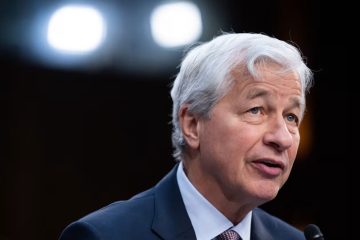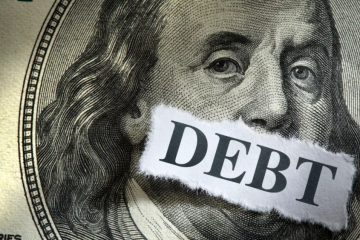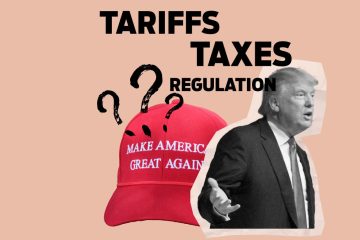Decline in American’s financial well-being due to the inflation

Last year, there was a decline in the percentage of American adults who reported being financially stable, highlighting a significant challenge to President Biden’s chances of re-election.
In its annual survey of financial well-being, the Federal Reserve reported that a significant majority of respondents, 72% to be precise, expressed satisfaction with their current financial situation in 2023. The percentage decreased from 73% the previous year to 78% in 2021, as households had more money due to stimulus checks during the pandemic.
Parents living with children under the age of 18 experienced a significant decline in self-reported well-being. Within that group, a mere 64% expressed satisfaction with their financial situation, a decline from 69% in 2022 and 75% in 2021.
From various indicators, the current state of the U.S. economy is exceptionally strong compared to the past 50 years. The unemployment rate has remained below 4% for the past 27 months, marking the longest period of such low unemployment in over 50 years. Consumer spending experienced a significant increase of 5.8% in March compared to the previous year, and it surged by approximately 30% when compared to pre-pandemic levels. The S&P 500 stock index is currently at levels close to its all-time highs.
However, Biden is currently behind former President Donald Trump in both national polls and key battleground states. According to a CNN poll conducted in mid-April, voters have developed a more positive perception of Trump’s presidency. A majority of respondents expressed a positive view of the former president’s four-year term, with 55% considering it a success. This marks an increase from the 41% who held this view when he left office in 2021. In comparison, only 39% of respondents believe that President Biden’s presidency has been successful.
Economists have been perplexed by the disconnect for months.
It all comes down to inflation.
However, the Fed survey provided additional evidence supporting the most probable reason for Americans’ negative perception of the economy: inflation. The percentage of survey participants who identified price increases as their primary financial obstacle increased to 35% in the previous year, up from 33% in 2022 and a mere 8% in 2016.
Despite inflation peaking in 2022 and slowing down throughout the year, there was still a notable increase in the number of individuals concerned about rising prices. It appears that individuals have a longer memory compared to economists who typically concentrate on price changes over shorter periods of time.
According to Census data, U.S. disposable incomes reached their all-time high in the first quarter of 2021, after adjusting for prices. This level was 10% higher than in the first quarter of the previous year. That windfall was the outcome of two factors: proactive federal spending to counter the pandemic – including substantial stimulus checks to households with children – and inflation that had not yet emerged.
According to the University of Michigan, consumer sentiment has experienced a significant increase of approximately 60% since its lowest point in June 2022, coinciding with a four-decade high in inflation. However, it has decreased by 21% since February 2020, which was the month before the pandemic disrupted a thriving economy, and it is still lower than its lowest point during the 2001 recession.









